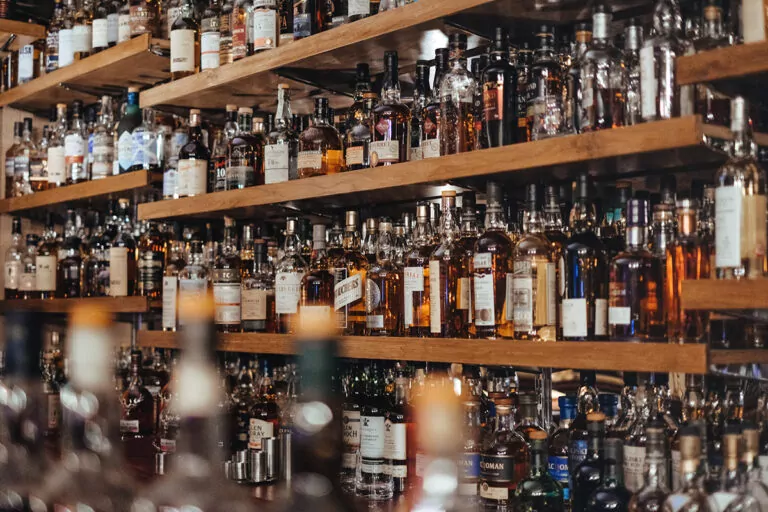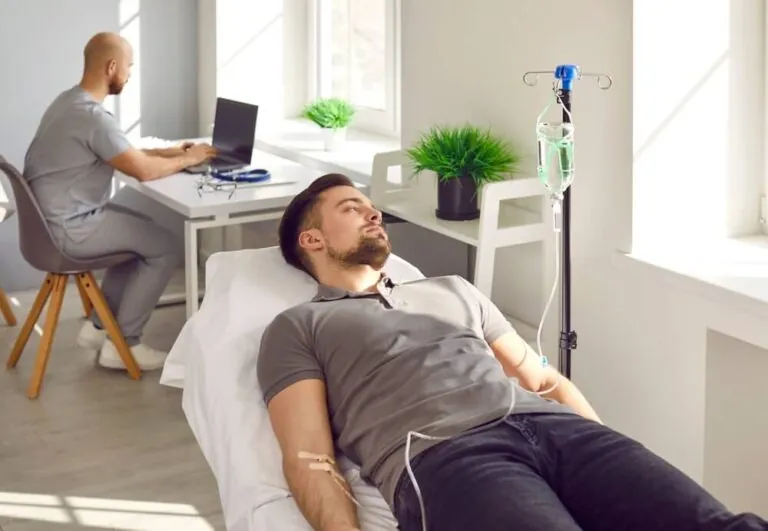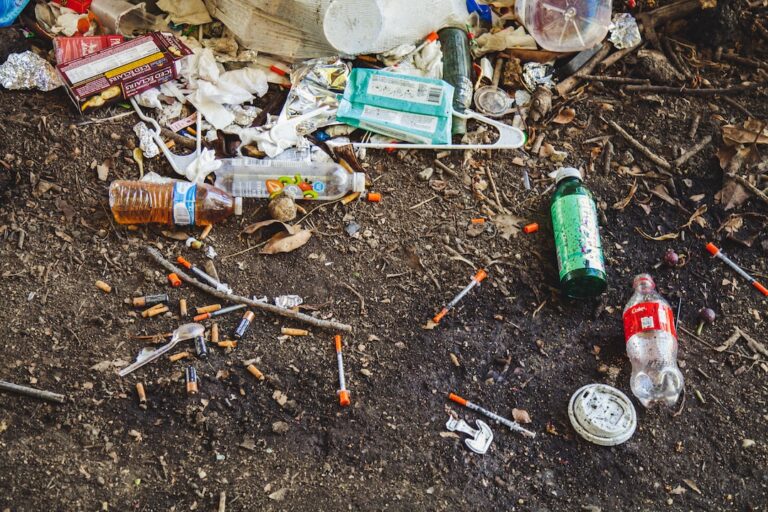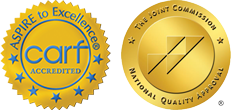Hydrocodone is a powerful prescription pain medication that is commonly abused in combination with alcohol. Please continue reading to learn about the dangers of mixing hydrocodone and alcohol.
What is Hydrocodone?
Hydrocodone is an opioid analgesic (pain-reducing) medicine. It belongs to the same group of drugs as oxycodone (OxyContin), fentanyl, morphine, and others.
Hydrocodone is used to treat moderate to severe pain that is not controlled with non-opioid drugs. The generic drug hydrocodone is also sold under trade names such as Vicodin, Lortab, Lorcet, Hycodan, and others. Combination products containing hydrocodone and acetaminophen are available for relief from severe pain.
Millions of hydrocodone prescriptions are written each year in the US. Taking hydrocodone as prescribed by a health care provider can provide pain relief. But hydrocodone is a habit-forming medication. It is a Schedule II controlled substance due to its potential for abuse and addiction. Therefore, it is illegal to misuse hydrocodone. You could be convicted and serve jail time for using hydrocodone that wasn’t prescribed to you or giving or selling prescribed hydrocodone to other people.
What is Prescription Drug Abuse?
Prescription drug abuse is a growing problem in the US. In 2022, nearly 8.5 million people reported past-year misuse of prescription opioid painkillers such as hydrocodone and oxycodone.
Some people develop a hydrocodone addiction after they are prescribed the medication to treat chronic pain. They misuse the drug by taking larger or more frequent doses or continuing treatment beyond the prescribed time by obtaining it from others or illegal sources. Such individuals are at a high risk of developing a hydrocodone addiction or opioid use disorder.
People also misuse hydrocodone recreationally for non-medical purposes to experience euphoria. Some hydrocodone users take the drug by mouth in pill form; others crush the pills and snort or inject the drug. Misusing or abusing hydrocodone carries significant dangers, including short- and long-term health problems, psychological and physical dependence, overdose, and death. It is also common for drug users to mix alcohol with hydrocodone. This is called polysubstance abuse and is even more dangerous.
Why is Hydrocodone So Addictive?
Hydrocodone is addictive because it is a powerful pain reliever that creates feelings of euphoria. People who take hydrocodone feel relaxed, calm, elated, and peaceful. These effects of hydrocodone can be addictive, driving a person to take more of the drug once its effects wear off.
Over time, continued misuse of hydrocodone leads to tolerance. This means a person needs to take higher doses of hydrocodone to obtain the same effects.
The next phase in hydrocodone addiction is a psychological and physical dependence on the drug. It occurs because of changes in brain chemistry which cause severe drug cravings, making it hard for a person to stop using hydrocodone.
People who have developed a physical dependence on hydrocodone experience uncomfortable and potentially dangerous withdrawal symptoms when they attempt to quit. This makes the chances of relapse high without professional addiction treatment.
Why Do People Mix Alcohol with Hydrocodone?
People mix alcohol and hydrocodone for various reasons, such as:
- To enhance the effects of each substance and create heightened feelings of relaxation and euphoria.
- To compensate for the weakened effects of one substance after tolerance develops.
- To self-medicate and numb emotional distress or severe pain.
- To experiment with combinations of drugs and alcohol as part of risk-taking behaviors.
- To satisfy cravings for alcohol and hydrocodone when both opioid addiction and alcohol addiction are present.
- To prevent alcohol and/or opioid withdrawal symptoms.
Why Is It Dangerous to Mix Hydrocodone with Alcohol?
Mixing hydrocodone and alcohol is dangerous because of the additive effects of these two substances which are both central nervous system (CNS) depressants. Taking hydrocodone with alcohol can lead to unpredictable and potentially life-threatening health effects.
Unfortunately, there is a lack of awareness about the dangers of mixing hydrocodone and alcohol because both substances are legal. This often creates a false sense of security. Alcohol is the most commonly abused substance in the United States because of its widespread availability, legal access, and social approval of moderate drinking. Hydrocodone is a commonly prescribed pain medicine.
The Danger of Mixing Hydrocodone with Alcohol
Respiratory Depression
Respiratory depression (slowed or stopped breathing) is a potentially fatal complication of mixing hydrocodone and alcohol. Alcohol and opioid drugs including hydrocodone slow down brain activity and can decrease the drive to breathe. This can lead to respiratory depression, which can be fatal.
Do you have a loved one struggling with addiction?
We know how hard that can be. Give us a call to find out what options you have.
Studies have found that taking just one tablet of an opioid drug can decrease baseline ventilation by 28%. The addition of 1 gram/L of ethanol (alcohol) can further decrease ventilation by an additional 19%. Therefore, taking opiates and alcohol together can lead to an almost 50% decrease in ventilation (aeration of the lungs). The combination of ethanol and opioids also increases the number of episodes of temporarily stopped breathing from 0-3 with no alcohol to 0-11 with alcohol. These effects are more pronounced in elderly people, likely due to a lower physiological reserve.
Liver Damage
High doses of opioids can cause liver injury and liver failure. Alcohol is one of the most common causes of liver disease. Since both opiates and alcohol can damage the liver separately, mixing hydrocodone and alcohol can increase the risk of new-onset liver damage or worsening of pre-existing liver disease.
Risky Behaviors
Abusing alcohol is associated with an increase in risky sexual behaviors, violence, injuries, falls, drownings, and motor vehicle accidents. This risk is higher in people who also abuse prescription drugs such as hydrocodone. Mixing hydrocodone and alcohol can also be used as a tool to incapacitate a person before a crime such as a robbery or sexual assault.
Substance Use Disorders
Both alcohol and hydrocodone are habit-forming. Misusing or abusing these substances carries a high risk of developing alcohol use disorder and opioid use disorder, respectively.
Overdose
People who mix alcohol and hydrocodone are at a significantly higher risk of a fatal overdose.
Psychosocial Issues
The risk of physical health issues, mental health problems, suicide attempts, relationship problems, financial difficulties, and legal troubles including arrests and incarcerations is higher in people with polysubstance abuse (using more than one substance), including those who mix hydrocodone and alcohol.
How Long After Taking Hydrocodone Can You Drink Alcohol?
Hydrocodone stays in the system for 18-24 hours. Therefore, you should wait at least 24 hours after your last dose of hydrocodone before drinking alcohol.
Note: Hydrocodone can be detected in your body with drug tests for longer than 24 hours (up to 4 days with a urine drug test and up to 90 days from a hair sample).
Understanding the Signs and Symptoms of an Overdose from Mixing Hydrocodone with Alcohol
An alcohol and hydrocodone overdose is a medical emergency. Call 911 or go to the nearest emergency room if someone has taken hydrocodone after drinking alcohol and is showing signs and symptoms of an overdose.
The riskiest signs and symptoms of an overdose from mixing hydrocodone with alcohol include slowed or stopped breathing, low blood pressure, and slow heart rate.
Note: The rescue medication naloxone can be used in emergencies to reverse the life-threatening effects of an opioid drug such as hydrocodone. However, when alcohol is also present in the system, naloxone may be less effective, increasing the risk of a fatal overdose.
Help is Available
Drinking alcohol and taking painkillers such as hydrocodone together is extremely dangerous. But there is hope and help is available. If you or a loved one is addicted to hydrocodone and alcohol, experienced healthcare providers at Discover Recovery Addiction Treatment Center in the Pacific Northwest can help you overcome your alcohol and opioid addiction.
We offer a range of tailored treatment programs, including detox, inpatient and outpatient rehabilitation, and aftercare for people battling hydrocodone and alcohol abuse. We also offer dual diagnosis treatment for people with substance use disorders and other mental health conditions. Our programs include management of withdrawal symptoms using evidence-based protocols to make recovery from substance abuse as comfortable and safe as possible.
Call us today to find out more about our effective substance abuse treatment programs. Take the first step towards reclaiming your life and a future free of drugs and alcohol.





